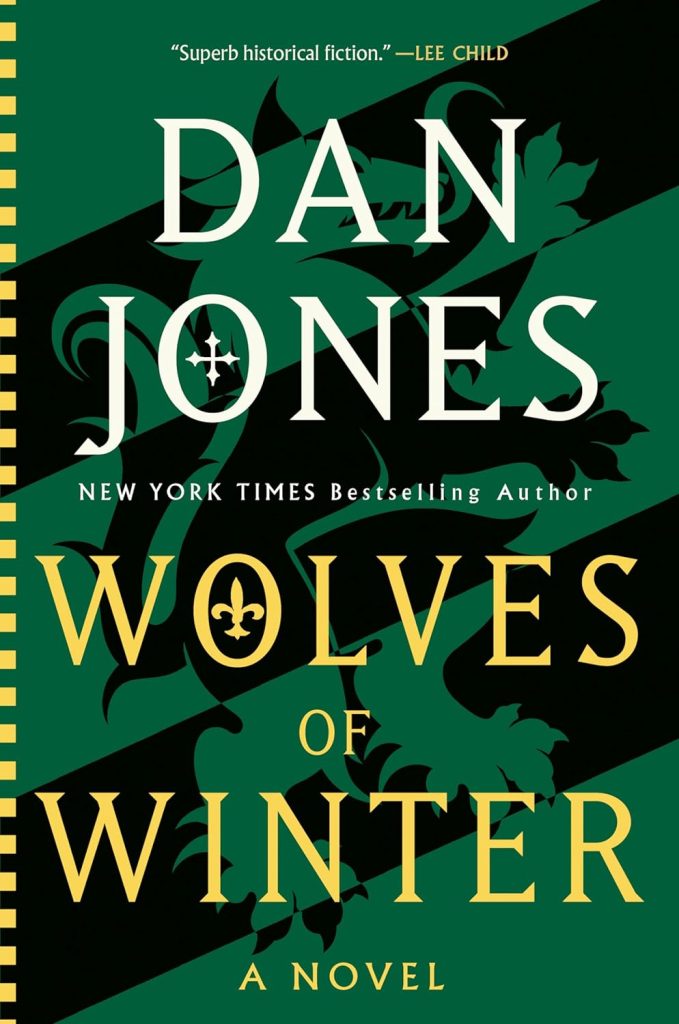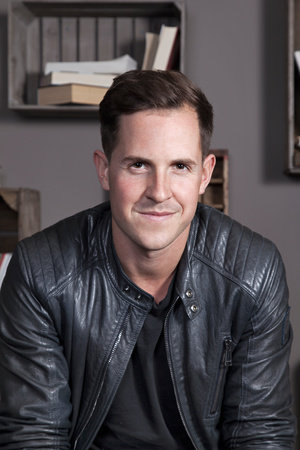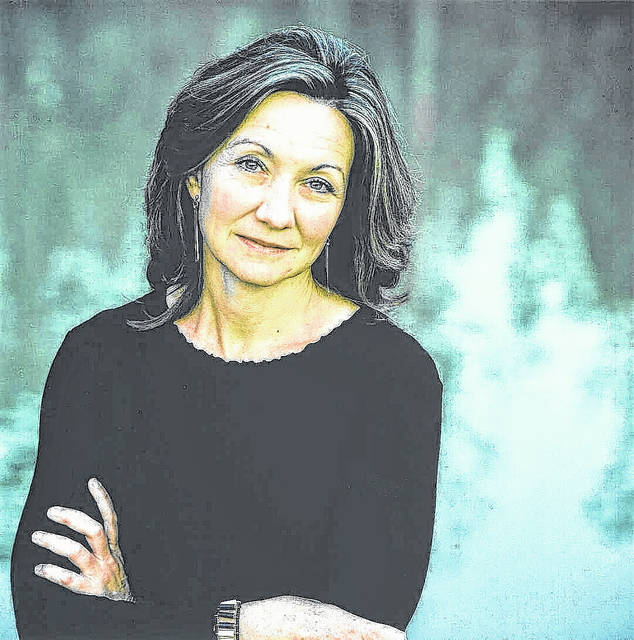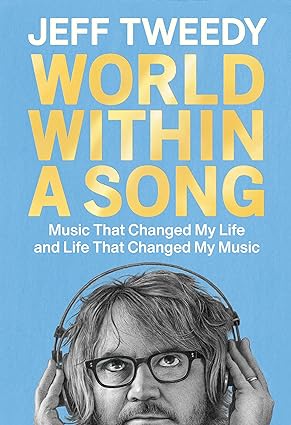Daniel Gwynne Jones is a British historian, TV presenter, journalist, and author. Published in 2009, his first history book was about the English Peasants’ Revolt of 1381, titled Summer of Blood: The Peasants’ Revolt of 1381. His other works include “Powers and Thrones: A New History of the Middle Ages”, “Essex Dogs: A Novel”, and “Wolves of Winter: A Novel”, among others.
In a chat with The New York Times, he answered some questions about books and described how he began writing fiction. Read the interview here;
What books are on your nightstand?
There are no books actually on the nightstand — just a clock, lamp, and photo of my daughters. But beside it is a wobbly pile of 21 volumes (I just counted), and a smaller tower of almost as many again. Highest on the big pile is Karl Ove Knausgaard’s “Wolves of Eternity.” There’s also a book of vintage tattoo art, a history of the world in 500 maps, two Jack Reachers, a history of Death Row records, some Norwegian sagas, Thucydides’ “History of the Peloponnesian War,” a collection of Walter de la Mare ghost stories and a book about negotiating with terrorists.
What book might people be surprised to find on your shelves?
The one they’re looking for.
Describe your ideal reading experience (when, where, what, how).
Each summer I rent a house in a village in the foothills of the White Mountains in Crete. There is one bougainvillea-shaded taverna, which shares the village square with a tiny Byzantine chapel, decorated with magnificent 14th-century frescoes. I go there at lunchtime with a book. The taverna owner, Kostas, brings me whatever he’s cooking, with beer. He lets me talk my lousy Greek. Cats snooze. Dogs lollop. The local farmers come and discuss the price of watermelons. I’m in heaven.
What’s the last great book you read?
Alice Winn’s debut, “In Memoriam,” came to the taverna with me last summer. It blew my mind. I sent Alice fan mail to say so, and we ended up on the phone for an hour talking about medieval beards.
What’s your favorite book no one else has heard of?
“The Wake” by Paul Kingsnorth, is set during the Norman Conquest of England in 1066. It features a grumpy outlaw called Buccmaster and it’s written in a hybrid modern/Old English, which is challenging to pick up. I keep giving this book to people, but no one ever thanks me.
Who are your favorite authors of historical fiction?
Tolstoy, obviously. Mary Renault. James Ellroy. I must have read “American Tabloid” eight or 10 times. Ellroy takes history down to the sewer and rolls around with it until everything is filthy. I dig that dark energy.
Is there a writer of history who inspired you to try your hand at fiction?
In 2019, I had dinner with George R.R. Martin after interviewing him. We talked about history. George has read more history than most people alive. But he turns his love for the subject into something so wild and unbounded. It struck me that could be fun.
What’s the most interesting thing you learned from a book recently?
According to Philippa Gregory’s new history book, “Normal Women,” the Bayeux Tapestry depicts 93 penises but only three women. The patriarchy … it gets around.
Which subjects do you wish more authors would write about?
You’re always welcome in the Middle Ages, folks.
What do you read when you’re working on a book? And what kind of reading do you avoid while writing?
Writing fiction, I just try to avoid other novels on the same patch. But I’m more particular about music and exercise. I have to get on a certain mental frequency, which means a lot of deep house, techno, and drum and bass, plus Peloton and yoga every morning. That makes me sound like I’m some ghastly yuppie. Probably I am.
What do you like about promoting yourself and your work?
Meeting readers. Like — human contact! But being interviewed can be fascinating too. I often learn more about a book I’ve written when I’m talking it over with a stranger onstage than I ever understood while I was writing it. Maybe that’s what therapy is like.
How did you enjoy working on “Sex: A Bonkers History” for British television?
It was a riot. Irreverent, joyous fun from start to finish. A typical day at work might be dressing up as a medieval monk and going to a fake Georgian sex party in the morning, then interviewing drag queens impersonating Roman emperors in the afternoon. And I got paid handsomely for it. Bear in mind my grandfather was blown up by the Nazis at sea as a teenager, then spent 40 years in the coal mines. You’ve got to know when you’re onto a good thing.
What do you write when you sign books for your fans?
Usually just “best wishes,” which is barely legible anyway. I need to get a wax seal, or just make it like a peasant marking the parish marriage register: Scrawl an X and leave it at that.
What advice would you give an author talking about her/his book on television?
Be clear, be direct, and get to the point. Flirt a little. Remember there are 8,000 other TV channels and your viewer is probably also texting.




